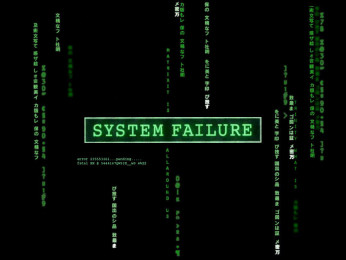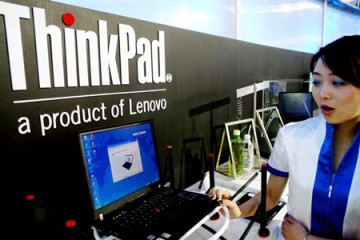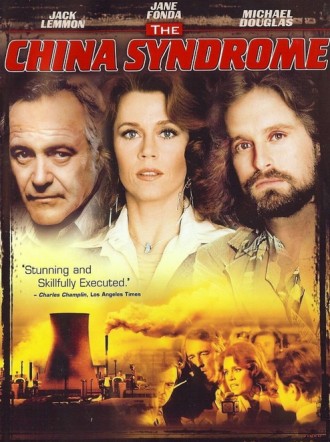 Chinese government hackers are suspected of breaching the computer networks of the United States Postal Service, compromising the data of more than 800,000 employees — including the postmaster general.
Chinese government hackers are suspected of breaching the computer networks of the United States Postal Service, compromising the data of more than 800,000 employees — including the postmaster general.
According to the FBI, the intrusion was discovered in mid-September, said officials, who declined to comment on who was thought to be responsible.
The announcement comes just as President Barak Obama arrived in Beijing for high-level talks with his counterpart, President Xi Jinping.
China has consistently denied accusations that it engages in cybertheft and notes that Chinese law prohibits cybercrime. But China has been tied to several recent intrusions, including one into the computer systems of the Office of Personnel Management and another into the systems of a government contractor, USIS, that conducts security-clearance checks. Of course the US spooks have been doing the same thing in China, so it is a matter of all is fair in love and cold war.
The only question is why did the Chinese spooks think that hacking a the postal service was a good idea.
Postmaster General Patrick Donahoe said in a statement that it was an unfortunate fact of life these days that every organisation connected to the Internet is a constant target for cyber intrusion activity. “The United States Postal Service is no different. “Fortunately, we have seen no evidence of malicious use of the compromised data and we are taking steps to help our employees protect against any potential misuse of their data,” he said.
The compromised data included names, dates of birth, Social Security numbers, addresses, dates of employment and other information, officials said. The data of every employee were exposed.
No customer credit card information from post offices or online purchases at usps.com was breached, officials said.
While the OPM and USIS breaches involved data of people who had gone through security clearances and so could be useful to a foreign government seeking to gain access to individuals in sensitive government work, it is not clear why Postal Service employees would be of such interest.



















